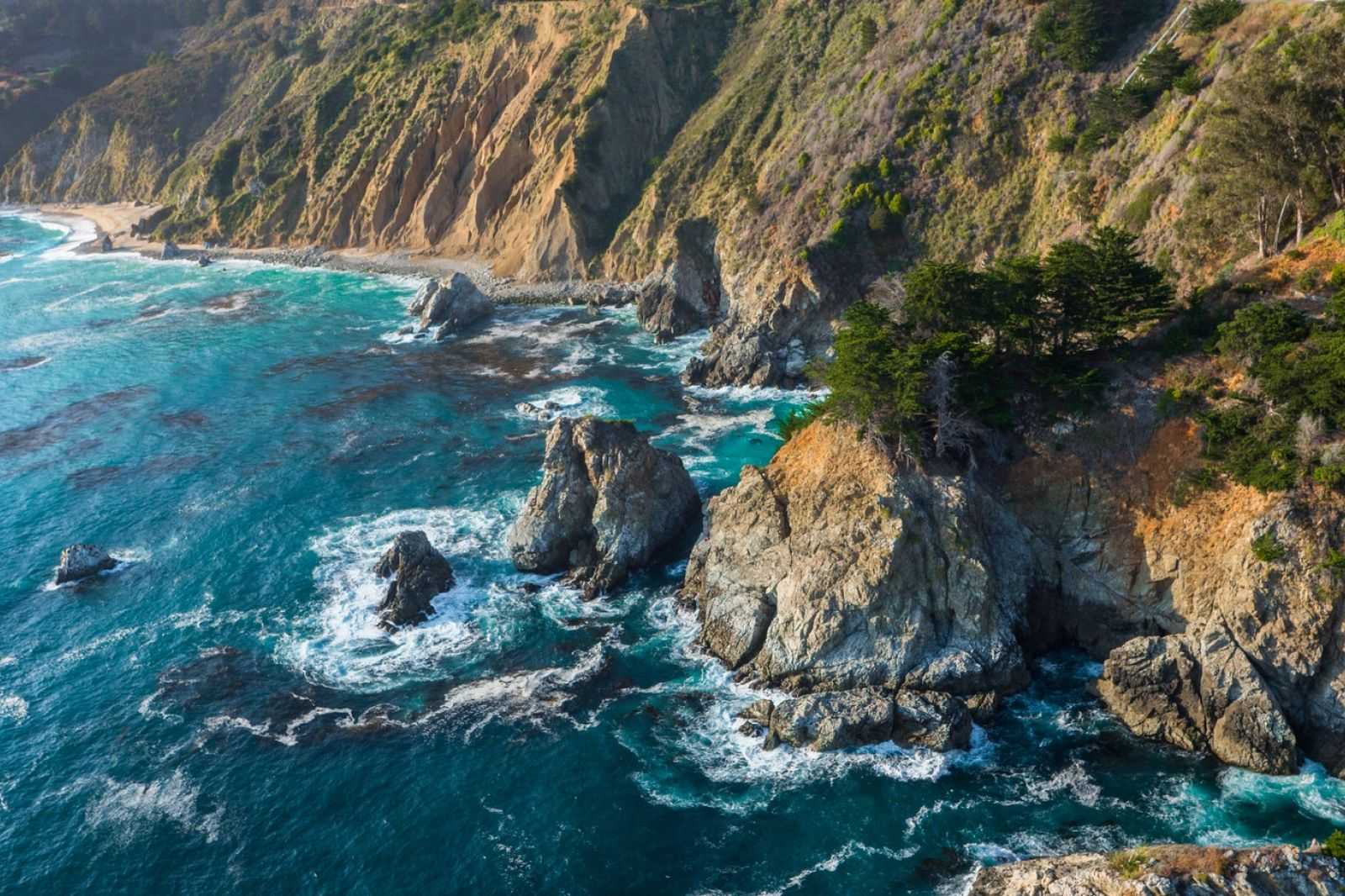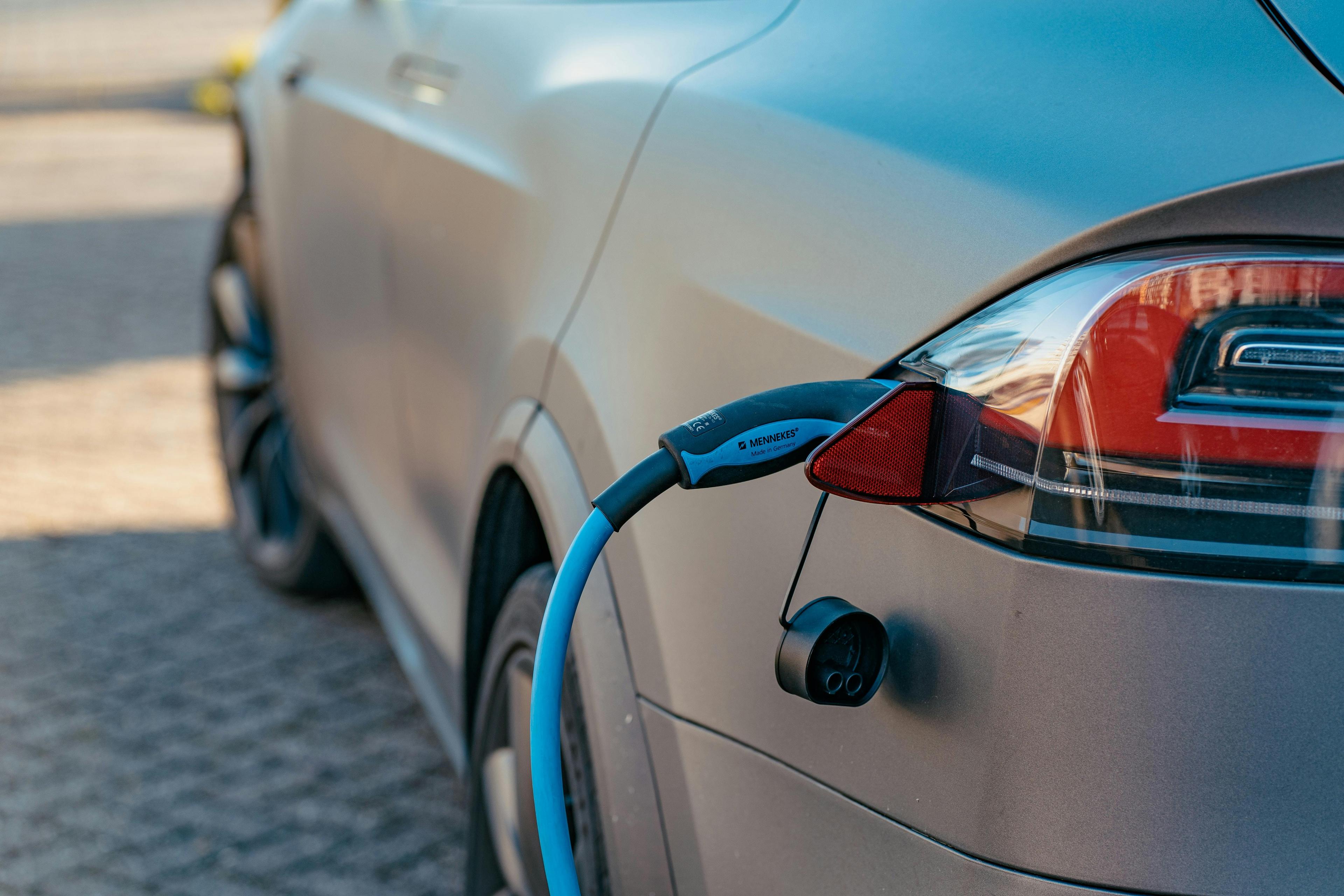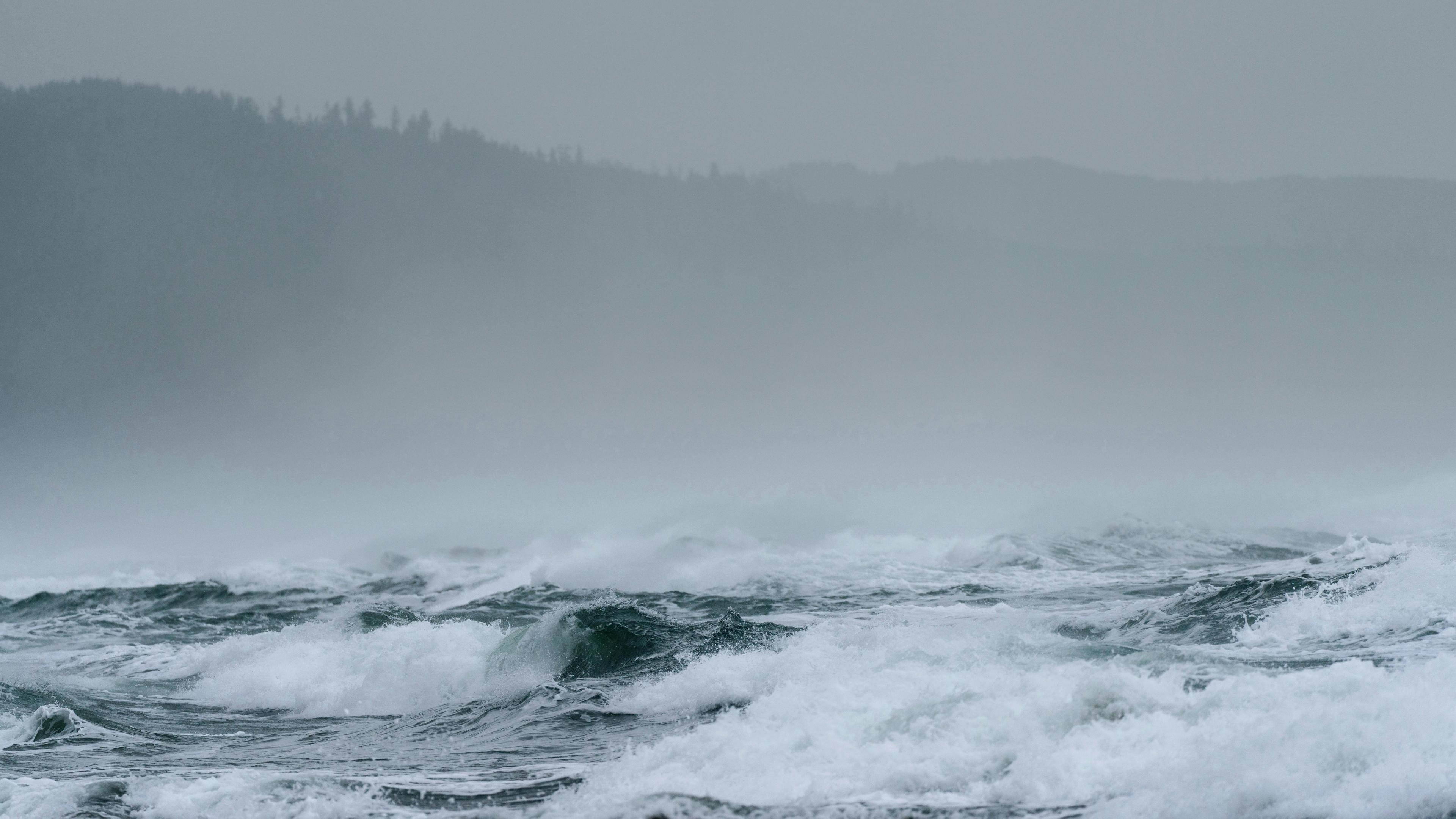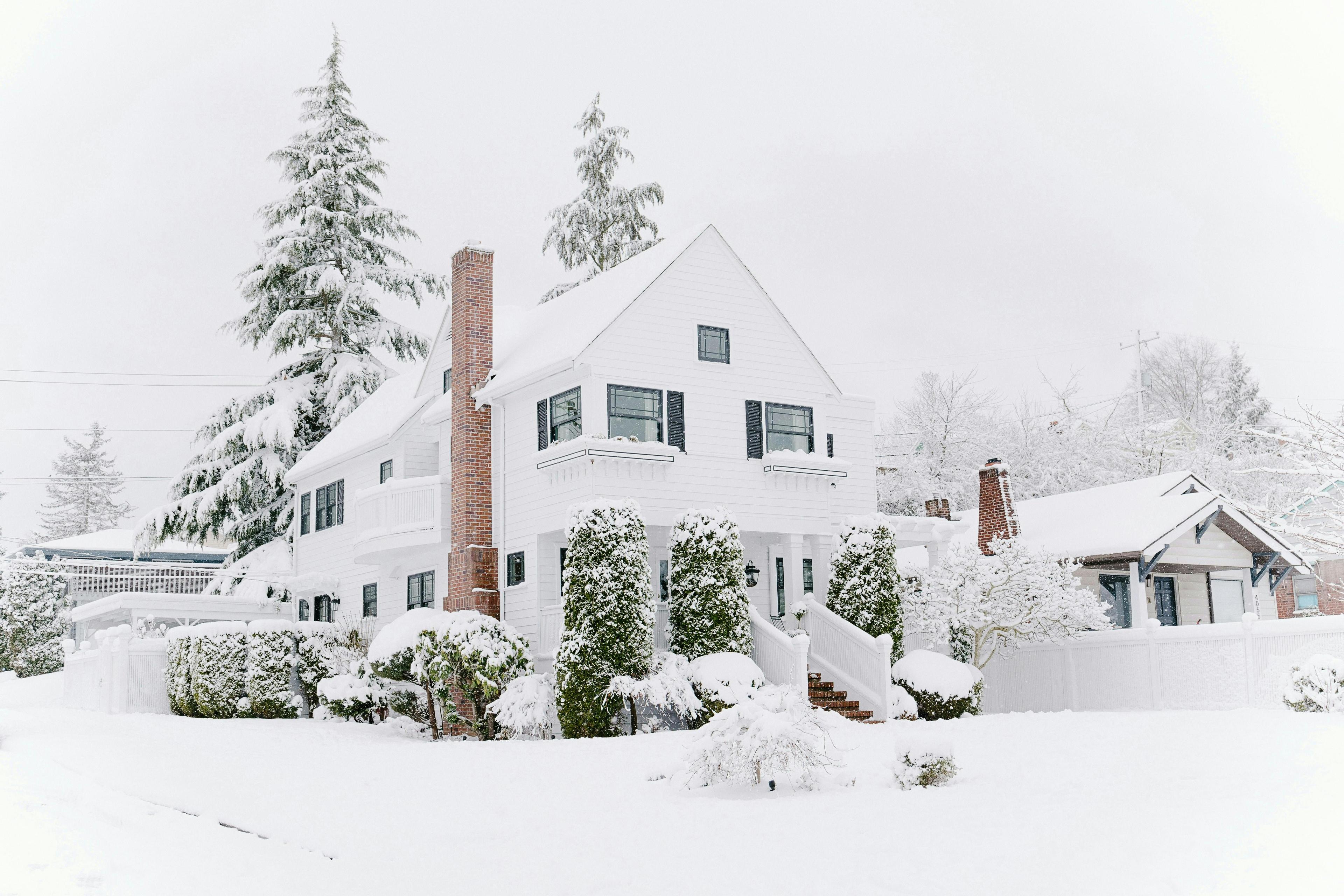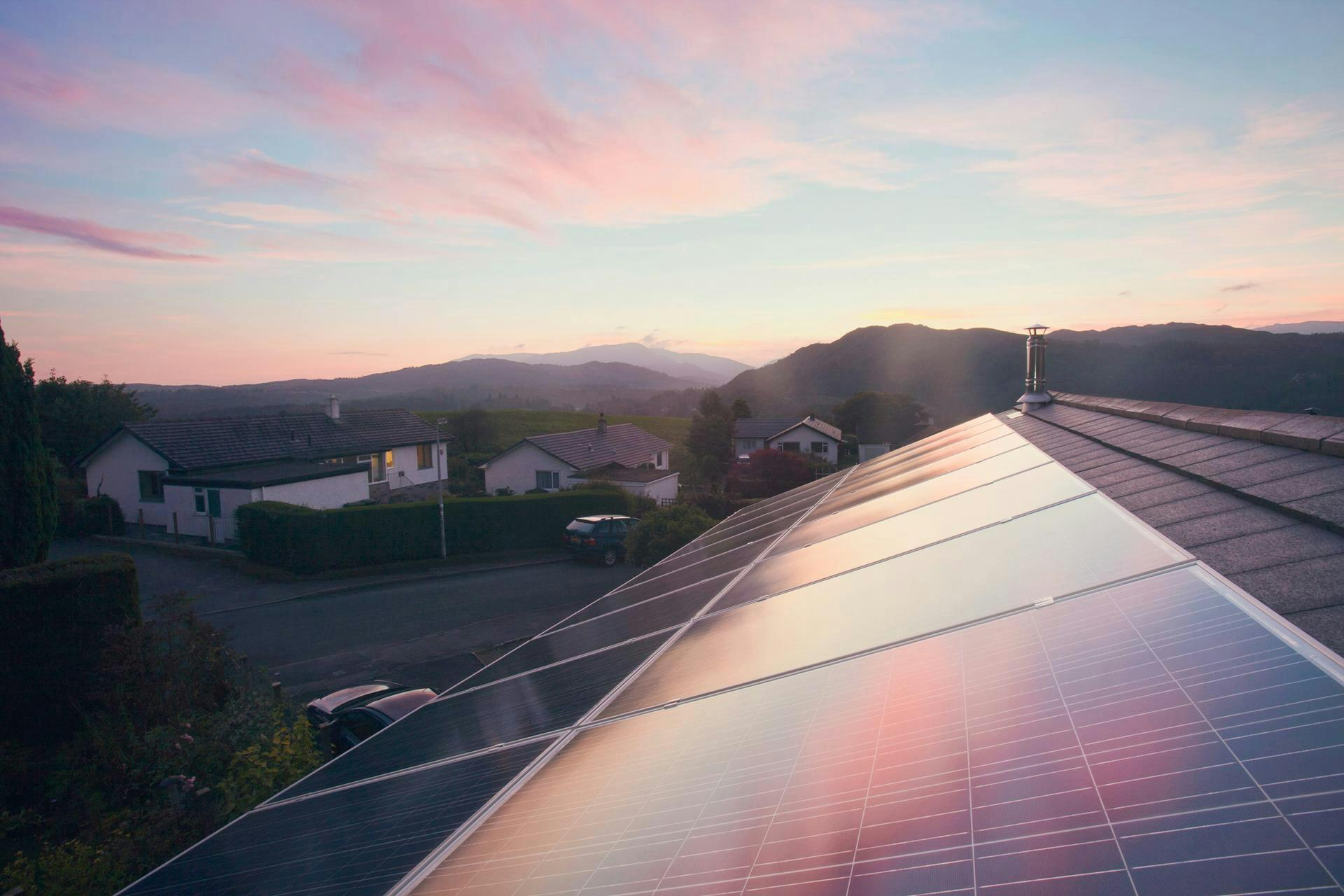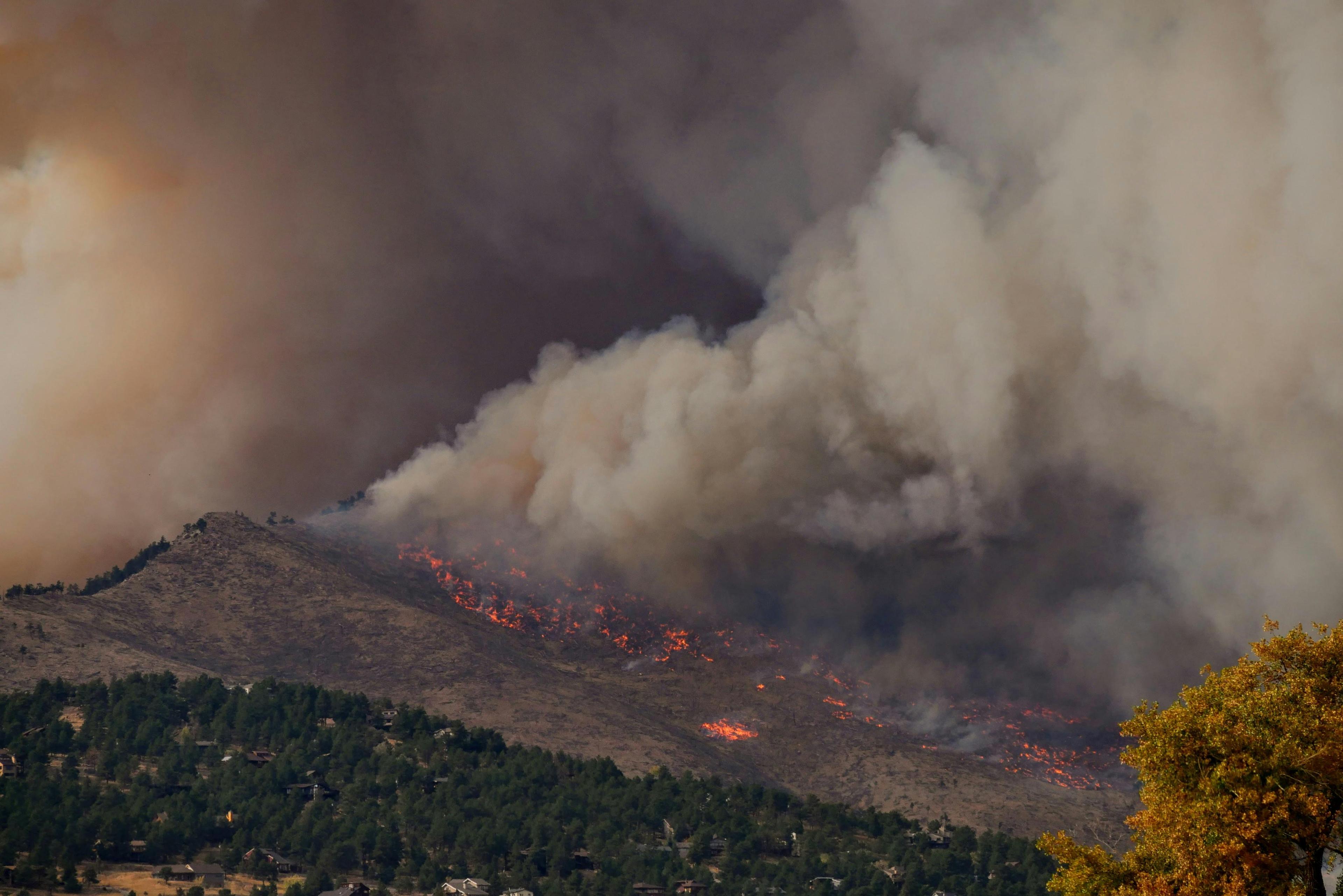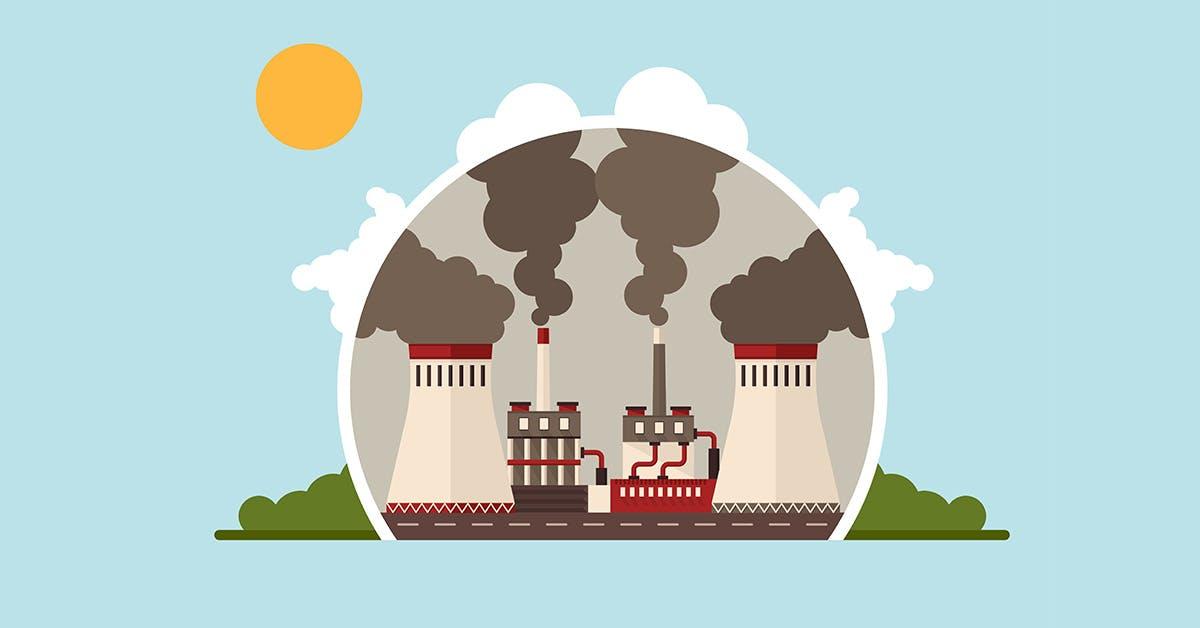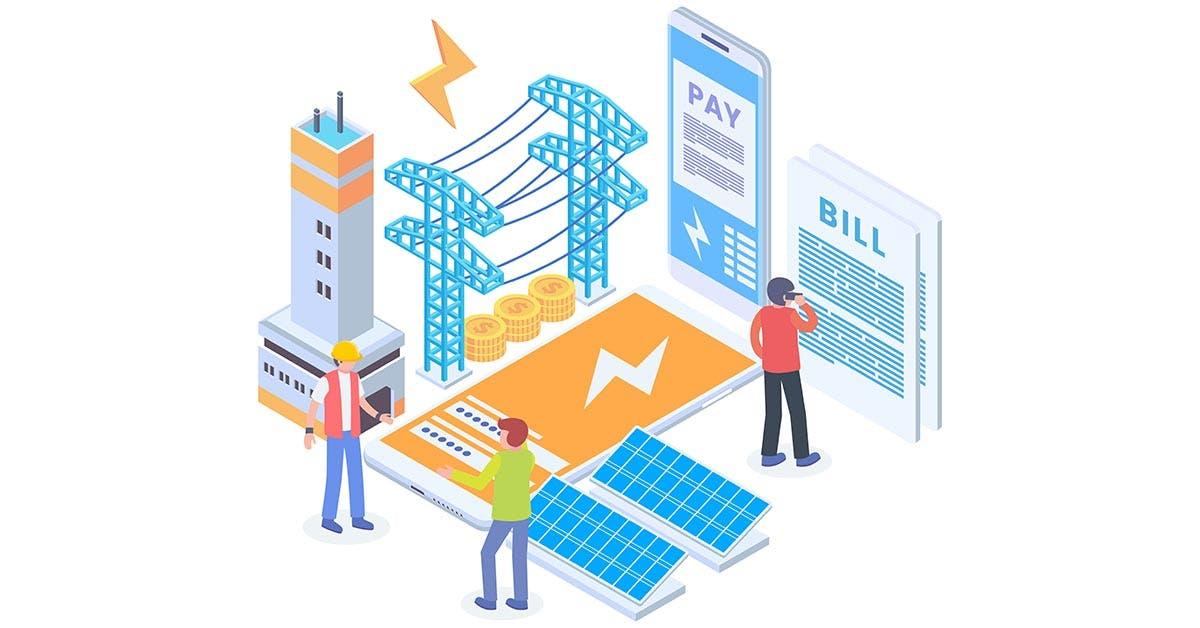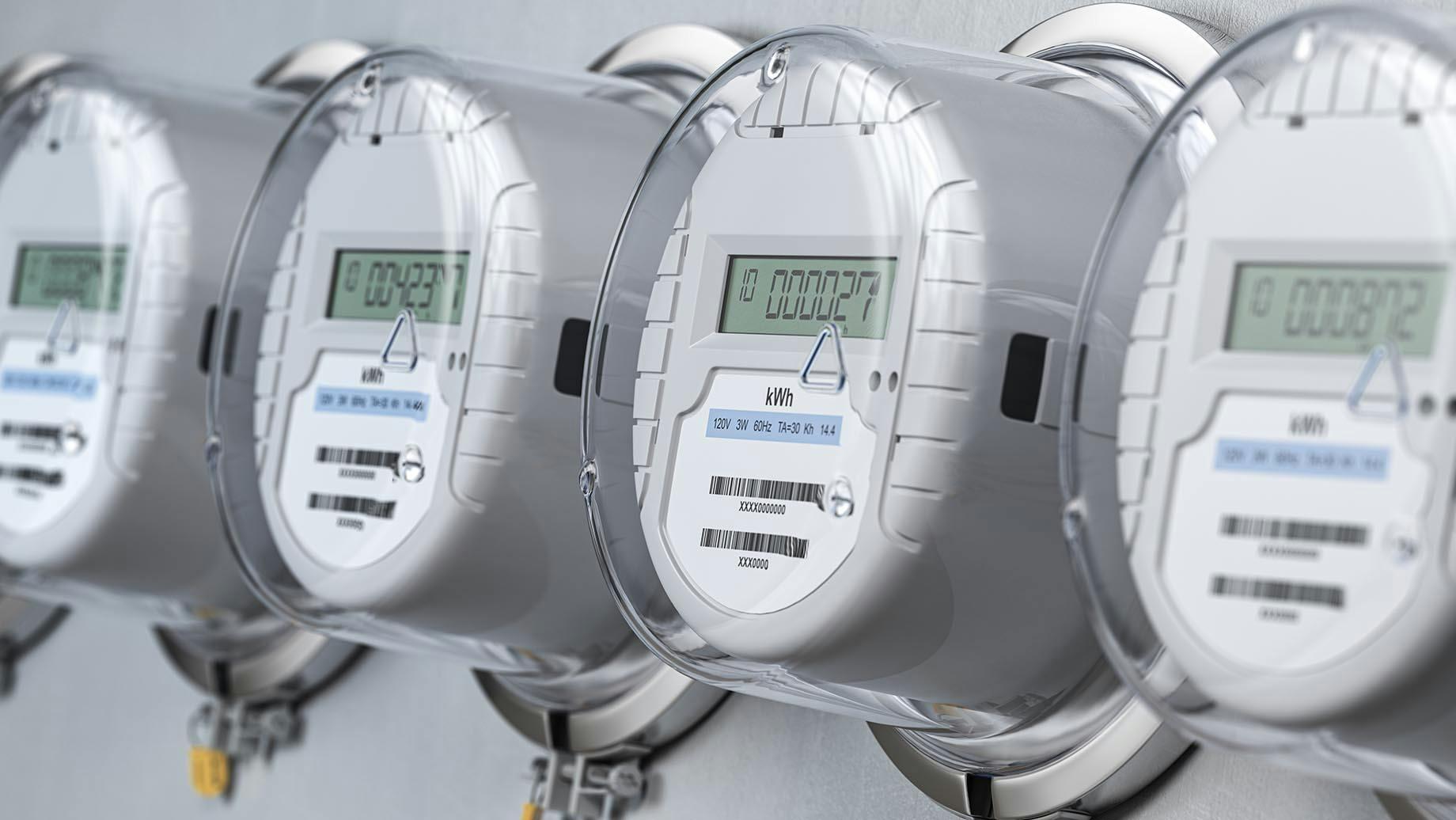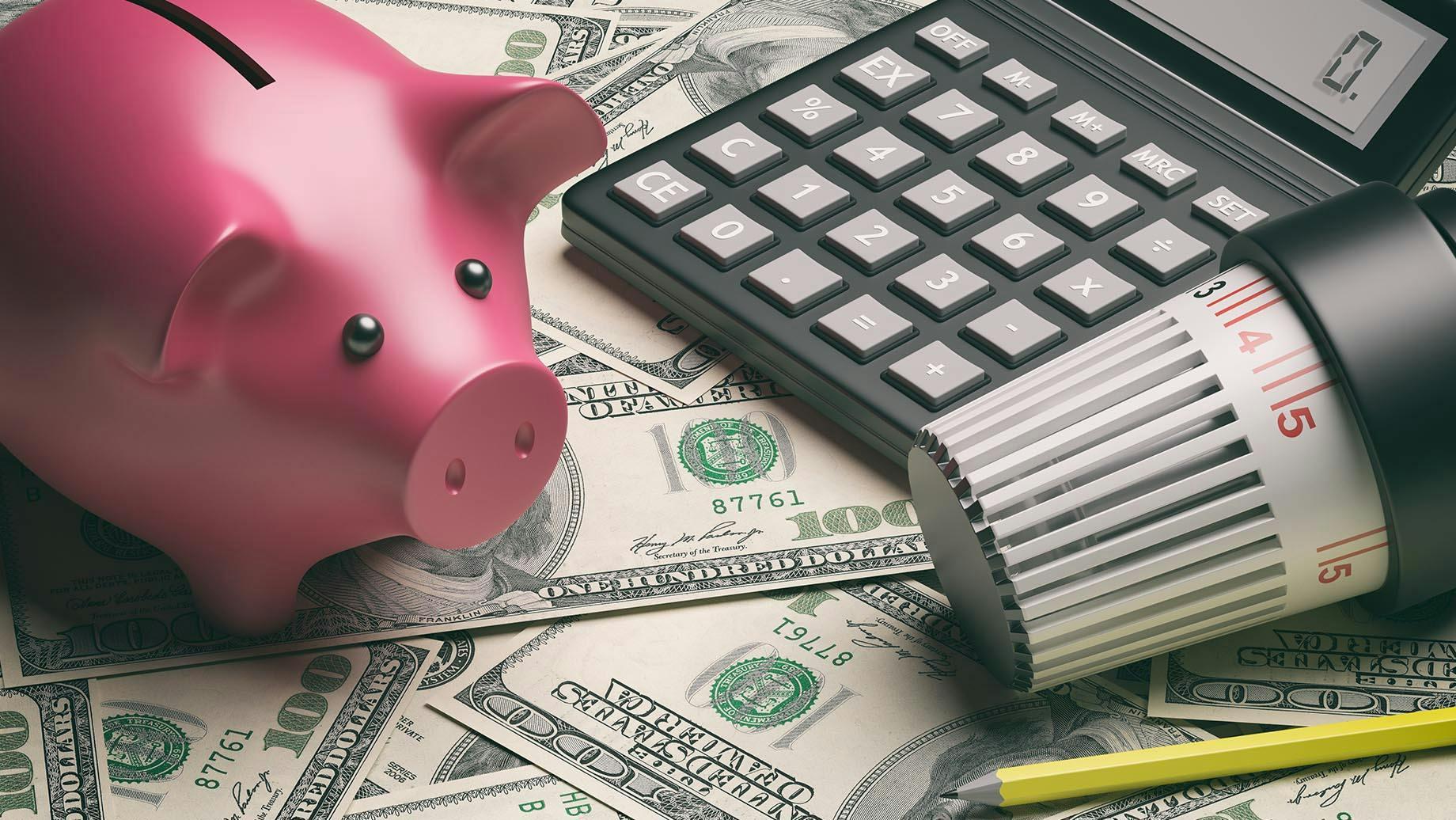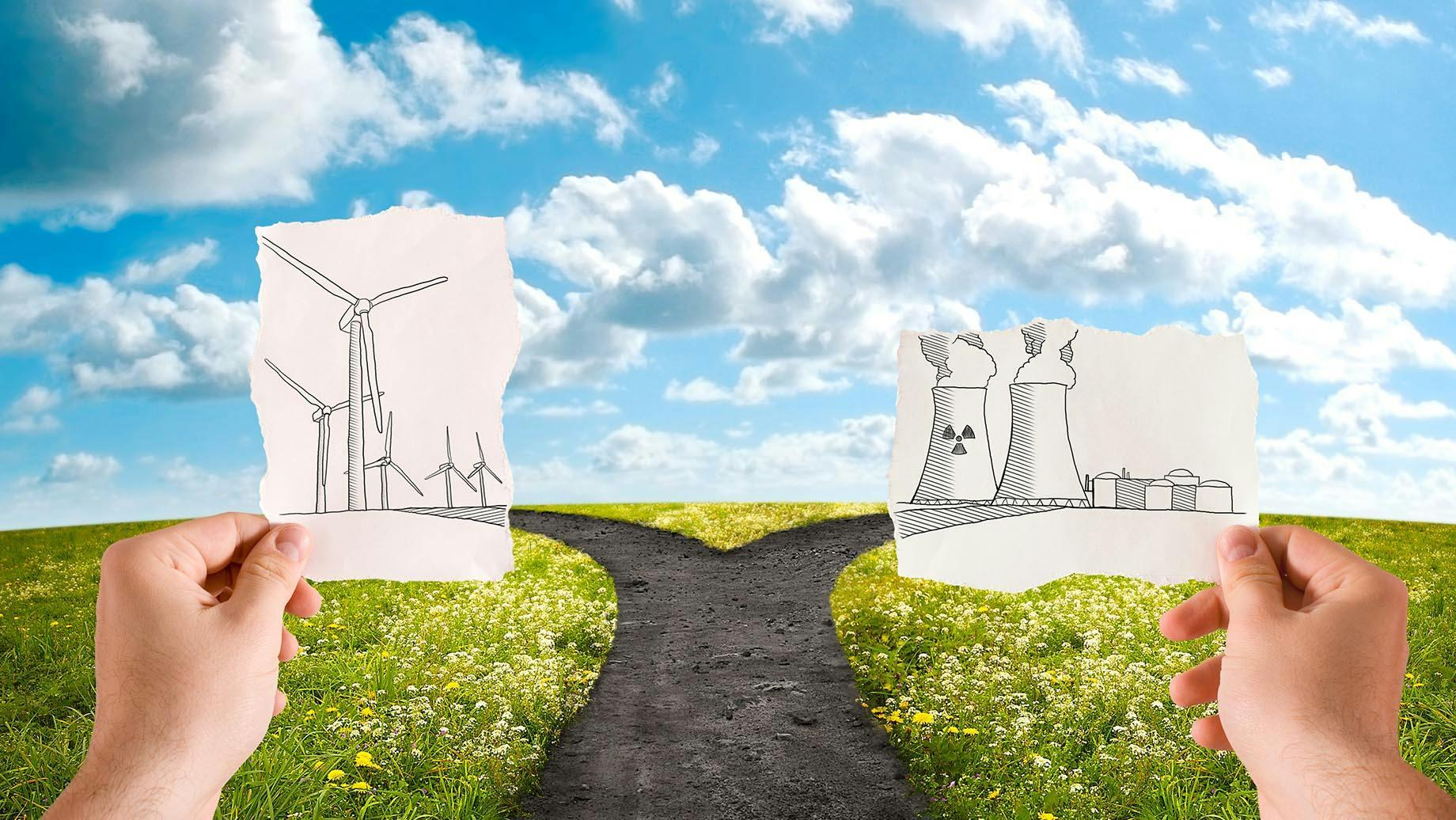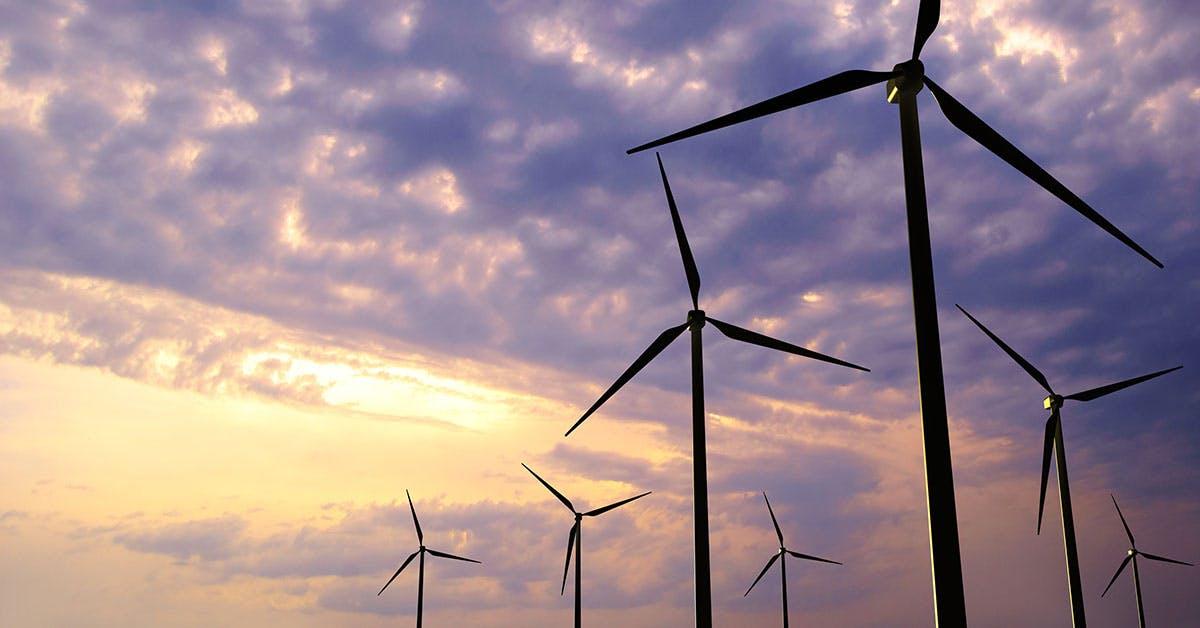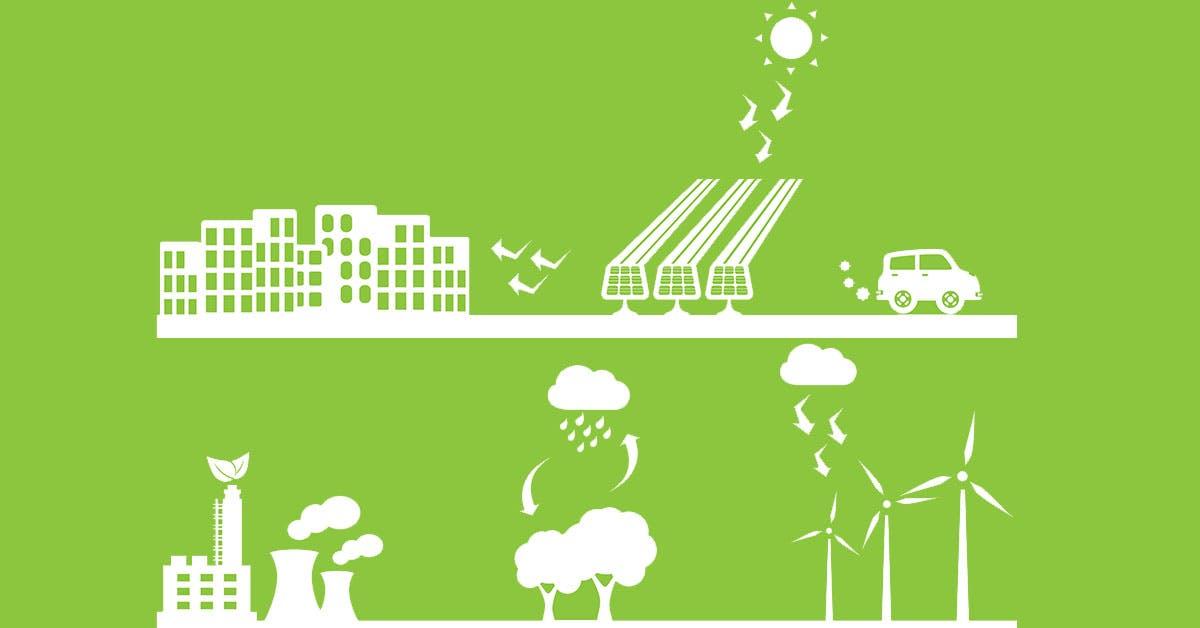
Safety Tips for Natural Gas
Inspire Clean Energy
9 min read
category: Clean Energy 101
Don't worry about climate change— do something about it.
Our clean energy plans are the easiest way to reduce your home's carbon footprint.
Switch to clean energyHomeowners should be familiar with safety tips for natural gas. While natural gas can be a safe and efficient source of power, exposure can be harmful. If your home has a natural gas leak, you’ll want to know what to do to keep yourself and your family safe. Natural gas may power your fireplace, on-demand water heater, clothes dryer, and more. As a resource many homes rely on, it’s important that we educate individuals about natural gas safety facts and natural gas line safety. Keep reading to learn more about natural gas and safety tips that every individual should know.
What is natural gas?
Natural gas is composed of a mixture or gases that are rich in hydrocarbons such as methane, nitrogen, and carbon dioxide. The main use for natural gas is generating electricity and heat. To obtain natural gas we typically drill vertically into the Earth’s surface. Natural gas is known for being a clean and efficient fuel source for your home.
Two main substitutes for natural gas are solar power and wind power. If you are able to switch to an alternative for natural gas it may be safer, cost effective, and more environmentally friendly. Even if you are unable to install solar power, you may have access to wind power energy sources.
Inspire creates customized plans that provide homes with access to renewable energy sources. We will give more detail on how this works a little later on.
How can you protect yourself from natural gas?
Exposure to natural gas can be dangerous.If you begin to notice a strong odor (similar to rotten eggs) you should leave your home immediately and take any pets, children, or loved ones with you. If you smell gas, you should not use light switches, smoke, use electrical equipment, or try to find the source of the leak. In most cases, mercaptan is added to natural gas to give it an odor. However, without this, natural gas is often odorless so pay close attention to tip #3. Here are some things you can do to protect yourself from natural gas. . .
#1. Perform regular maintenance on natural gas appliances Homeowners should have natural gas appliances maintained regularly by a licensed professional. This can help ensure that appliances are operating efficiently and safely. To find out who to contact for maintenance you can start by requesting a list of natural gas contractors from the natural gas provider in your area.
#2. Know where your natural gas shut-off valve is located In the event of an emergency, you may need to shut off your gas immediately. If you know where your valve is located, you can get to it faster to shut it off. In some cases, you may need a screwdriver or wrench handy to shut off the valve. If so, you should keep any necessary tools within reach.
#3. Install a carbon monoxide detector If carbon monoxide is leaking it can be harmful and may come with no warning. Since carbon monoxide is odorless, you may need to rely on carbon monoxide detectors to alert you of any leaks. Carbon monoxide detectors usually look like smoke alarms. We recommend installing them near bedrooms so alerts can be heard at vulnerable times of the day.
How is natural gas safer?
Natural gas is a non-toxic energy source that is considered to be one of the safest and cleanest options. In addition, burning natural gas typically releases fewer emissions of just about all types of air pollutants and CO2. However, natural gas can still be dangerous.If gas is leaked or displaced into a confined space it can cause death by suffocation. Natural gas is usually odorless, thus increasing the importance to perform regular maintenance and install detectors.
What are the hazards of natural gas?
Although natural gas is known for being very safe, it should be used with caution. Fire, explosion, or death by suffocation are a few potential hazards of natural gas. You can be comforted by the fact that natural gas should not burn or explode on its own. However, with the right amount of air and an ignition source, it may. Long term exposure to natural gas may affect your health. Natural gas explosions are often caused by people digging before marking utility lines. As long as you are cautious where natural gas is in use, it’s unlikely that you will face any hazards.
What level of natural gas is dangerous?
Natural gas can present immediate dangers at concentrations of 50,000 ppm. In most cases, a chemical compound known as mercaptan is added to natural gas so that it releases a smell similar to rotten eggs. The smell may be one of the first indicators that you are experiencing a natural gas leak.
What are the signs of natural gas poisoning?
In some cases, natural gas leaks have no physical signs of smells. This means you may have exposure without even knowing it. Dead houseplants throughout the house or dust clouds or whistling near the gas line may indicate something is wrong. In addition, you may notice a spike in your gas bill as a result of a leak. Best case scenario, you would notice one of these indicators before experiencing physical symptoms. If you begin experiencing symptoms of natural gas poisoning you should seek medical attention immediately. Here are some natural gas poisoning physical symptoms. . .
- Ringing in your ears
- Nosebleeds
- Dizziness
- Difficulty breathing
- Drowsiness
- Flu-like symptoms
- Chest pain
- Pale skin
How long does it take for a gas leak to clear?
Gas leaks can be cleared out of the home in as little as a few minutes. The severity and source of the leak can determine how long it will take for the toxic fumes to exit your home. If you have a gas leak you must identify the source and repair the leak. In some cases, it may be as easy as tightening a valve. In other cases, it may be more complicated.
It’s better to be safe than sorry when it comes to dealing with a gas leak. If you are unsure how long you should stay out of your home post gas leak, contact a professional.
Does natural gas rise or sink?
Natural gas is lighter than air. As a result, it rises.
What are the pros and cons of natural gas?
Natural gas is a product of fossil fuels. As we strive to move away from coal and gas, there is an increasing demand for natural gas. But is it sustainable? While natural gas is a major energy source, there are many pros and cons that come along with using it.
Pros: Produces less soot: Natural gas releases 45% less carbon dioxide than coal and 30% less than oil, thus reducing its impact on the environment1.
Available worldwide: While natural gas is available worldwide and we have a surplus in storage, it’s a finite source that should be conserved. Safer and easier to store
Compared to other fossil fuels, natural gas is easier and safer to store: This makes it one of the most efficient energy sources. Natural gas can be stored in tanks above ground or in liquid form below ground.
Less expensive: Even when gas prices spike, natural gas prices usually remain constant. With technological advancements we have seen natural gas become cheaper.
Cons: Flammable: In the event of an accident, natural gas can cause substantial damage. It’s extremely flammable and odorless unless odorant is added to it.
Non-renewable: Similar to other fossil fuels, one day natural gas may run out. While some experts may consider natural gas a renewable energy source this cannot really be proven.
Is unburned natural gas harmful?
Unburned natural gas should not be harmful. In order to produce CO poisoning the fuel must be burned.
Can a cell phone ignite natural gas?
Cell phones can generate sparks that could ignite natural gas. Natural gas is flammable and can be affected by heat or sparks. Even static from your body or clothes could ignite natural gas.
At what ppm can you smell natural gas?
At 10 ppm you should be able to smell natural gas. While natural gas does not smell, local gas companies add mercaptan to give natural gas a foul smell. Natural gas with mercaptan should be smelt at very low levels before levels become dangerous. This gives individuals immediate warning that they may have a natural gas leak.
Is a small gas leak dangerous?
A gas leak can be dangerous, regardless of the size. Even a small gas leak can cause fire or explosion. In addition, small gas leaks can cause physical health side effects such as headache or nausea. Immediate action should be taken if a gas leak is noticed. There are several cases each year of people falling ill due to exposure to natural gas.
Sign up for a clean natural gas plan
If you want to do your part to protect the environment, we recommend finding ways to reduce your net carbon emissions, like signing up for a clean natural gas plan. Inspire's Clean Natural Gas plan offers peace of mind with a predictable price. Plus, there are no sign-up or cancellation fees and no installations or service interruptions when choosing Inspire as your natural gas supplier. We'll generate a customized price for your natural gas supply based on factors, including your home's energy consumption patterns.
Once you're a member, you'll rest easy knowing that carbon emissions from your home's natural gas consumption are being neutralized, and you're doing something positive for the planet.
When you switch to Inspire's Clean Natural Gas plan, your gas will continue to be delivered to you by your local utility company. Inspire will replace your current natural gas supplier, and once you start service, you will see “Inspire” listed as your natural gas supplier on your utility bill. We will begin to purchase offsets on your behalf to neutralize the carbon emissions associated with your home's natural gas consumption.
Currently, we offer our Clean Natural Gas plan for eligible residential and small business customers in Ohio, with more locations coming soon.
It's never been easier to reduce your net carbon emissions and make an impact on the planet. To learn more about offsetting your natural gas consumption, visit Inspire’s Clean Natural Gas plan page or contact Inspire’s friendly Member Experience team at (866) 403-2620.
And, as always, if you're looking for renewable energy options for your home's electricity supply needs, we also offer access to clean, renewable energy for one flat monthly price. Start now – the earth will thank you.
- conserve-energy-future.com/pros-and-cons-of-natural-gas.php↩
Don't worry about climate change— do something about it.
Our clean energy plans are the easiest way to reduce your home's carbon footprint.
Switch to clean energy
Inspire Clean Energy
We're on a mission to transform the way people access clean energy and accelerate a net-zero carbon future.
Learn more about Inspire →Explore more
Recent Posts
Top Articles
